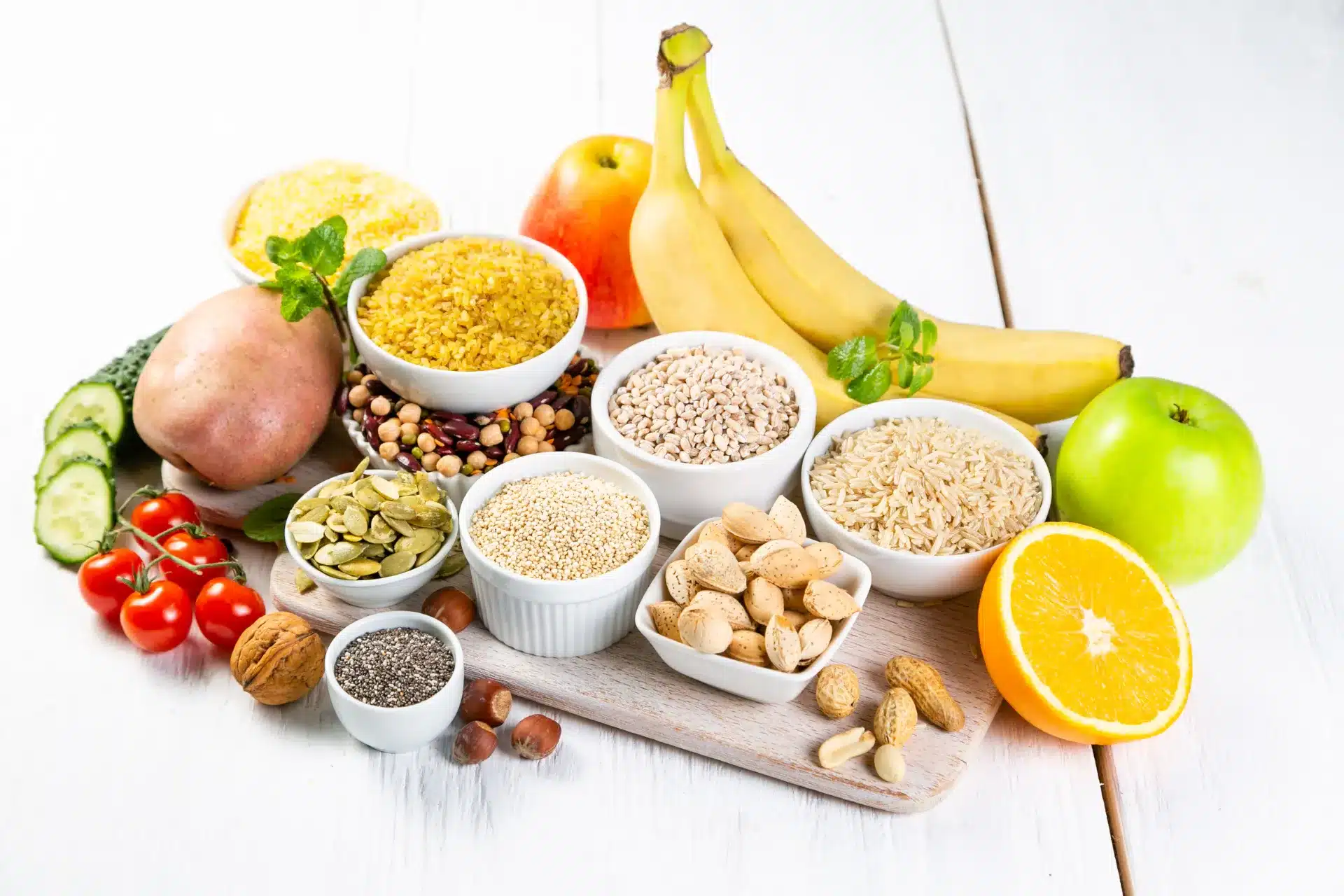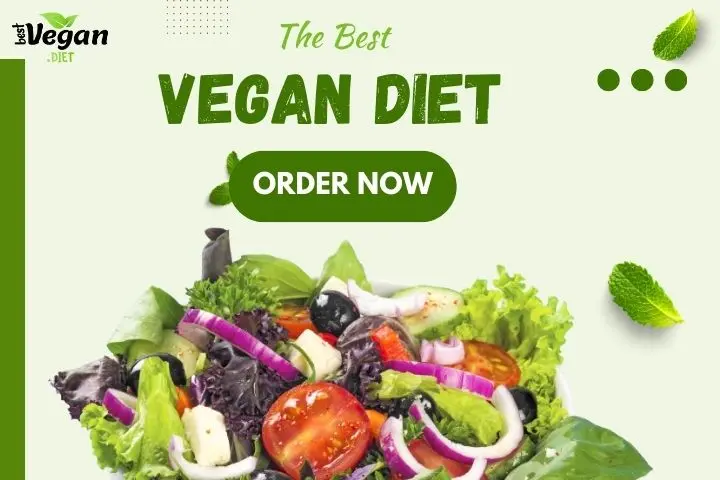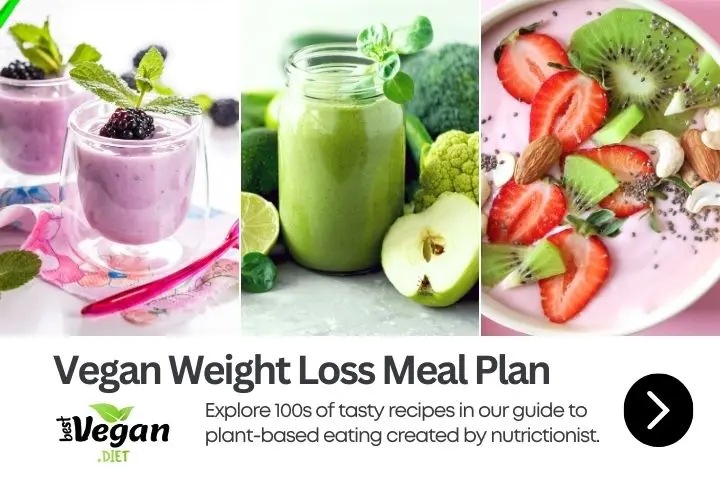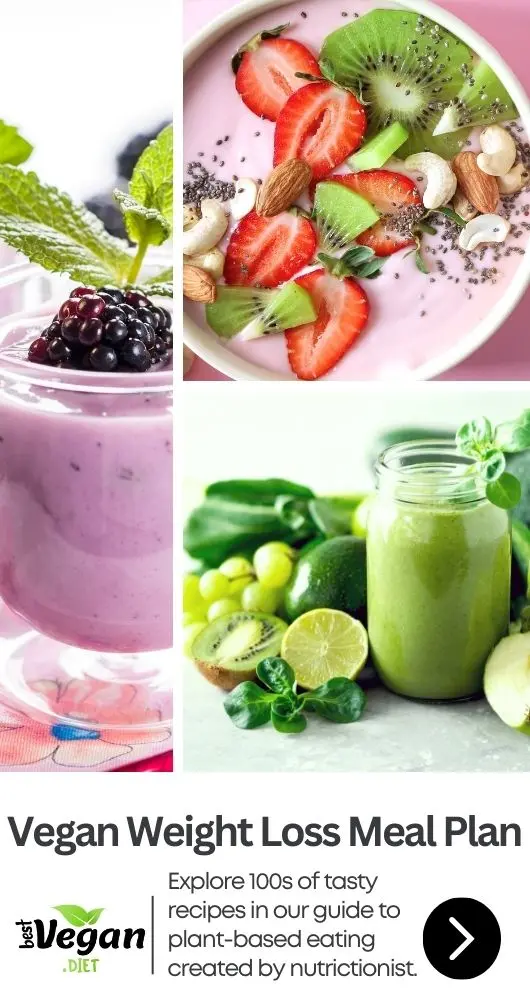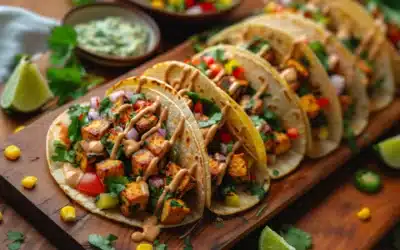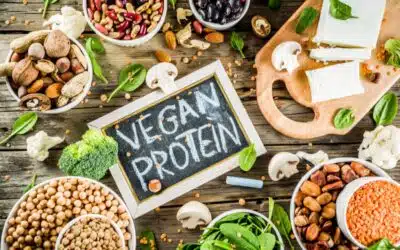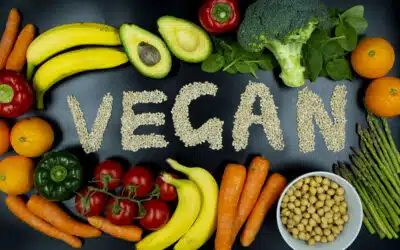In a world increasingly conscious of health, sustainability, and ethical choices, the vegan diet emerges as a beacon of hope and transformation. Embracing a lifestyle that is both kind to the planet and nourishing to the body, veganism is more than just a dietary choice; it’s a path to holistic well-being. “Vegan Vitality: How to Thrive on a Plant-Based Diet” delves into the heart of what it means to live vegan. From unraveling the basics of plant-based nutrition to exploring the profound health benefits, this guide is your companion in discovering the richness of vegan eating. Whether you are a seasoned vegan or just curious about plant-based living, this article offers practical tips for meal planning, addresses common challenges, and highlights the sustainable impact of veganism. Prepare to embark on a journey that promises not just a change in diet, but a transformation in lifestyle, leading to a healthier, more ethical, and environmentally conscious existence.
Introduction to Veganism: Understanding the Basics of a Plant-Based Diet
Veganism is not merely a diet; it is a lifestyle that advocates for a plant-based approach to eating and living. At its core, a vegan diet excludes all animal products, including meat, dairy, eggs, and honey, favoring plant-based alternatives.
The Philosophy Behind Veganism: The roots of veganism are deeply entwined with ethical, environmental, and health concerns. Ethically, vegans oppose the exploitation and harm of animals. Environmentally, a plant-based diet is lauded for its lower carbon footprint compared to animal farming. From a health perspective, many turn to veganism for its potential benefits in weight management, heart health, and overall wellness.
Nutritional Aspects of a Vegan Diet: A common misconception is that vegan diets lack essential nutrients. In reality, with careful planning, a vegan diet can be nutritionally complete, providing all essential vitamins, minerals, and proteins. Key nutrients such as protein can be found in beans, lentils, tofu, and quinoa, while fortified plant milks and leafy greens provide calcium and vitamin D.
Diverse and Rich in Flavors: One of the joys of a vegan diet is the incredible variety of foods available. From hearty vegetable stews to innovative plant-based cheeses, the vegan culinary world is rich with flavors and textures. International cuisines offer a plethora of vegan options, making it a global and inclusive diet.
A Growing Movement: The rise in veganism can be seen in the increasing availability of vegan products in supermarkets, restaurants, and cafes. This growth reflects a larger societal shift towards sustainable and ethical consumption.
Accessibility and Inclusivity: While there are challenges, such as availability in certain regions or the cost of some products, the vegan movement is continuously evolving to become more accessible and inclusive. Community gardens, farmer’s markets, and online resources make it easier than ever to adopt and maintain a vegan lifestyle.
This section of the article aims to demystify veganism, presenting it as an accessible, nutritious, and enjoyable way of life. The vegan diet, rooted in compassion and sustainability, offers a path to a healthier life and a more ethical relationship with our planet.
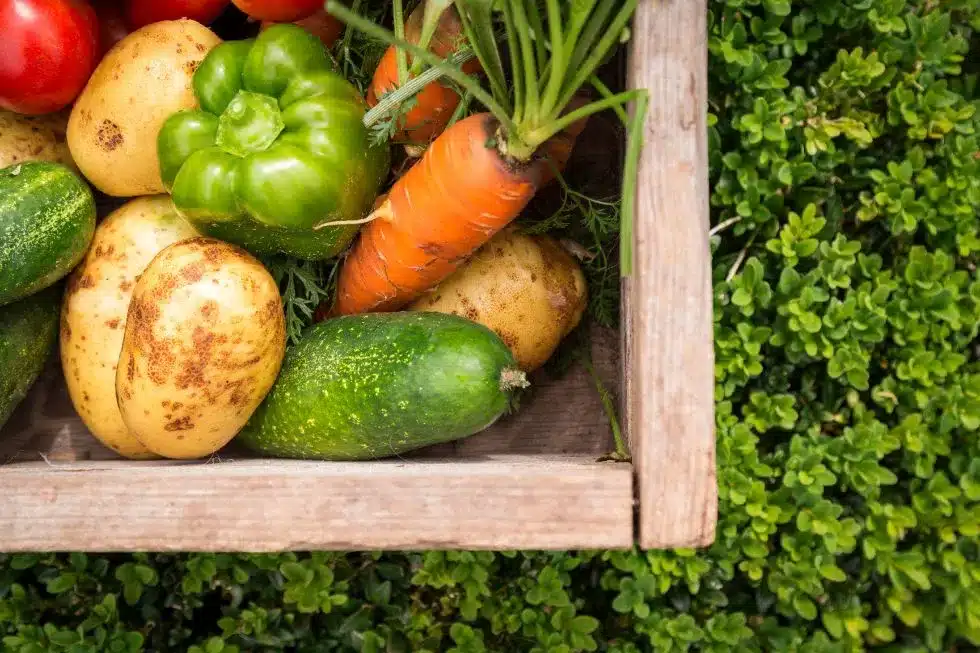
Health Benefits: Exploring the Nutritional Advantages of Vegan Eating
Embracing a vegan diet can unlock a multitude of health benefits, contributing to overall well-being and disease prevention. This section delves into the key nutritional advantages of adopting a plant-based lifestyle.
Heart Health: Numerous studies have shown that a vegan diet can significantly reduce the risk of heart disease. This is attributed to lower intakes of saturated fats and cholesterol found in animal products, and higher consumption of heart-healthy fruits, vegetables, and whole grains.
Weight Management: Vegan diets are often lower in calories and higher in fiber, which can aid in weight management. The high fiber content in plant-based foods also promotes satiety, reducing the likelihood of overeating.
Diabetes Prevention: A plant-based diet can be effective in lowering the risk of developing type 2 diabetes. This benefit stems from improved insulin sensitivity and lower blood sugar levels, often associated with vegan diets.
Cancer Risk Reduction: Certain types of cancer, including colon and breast cancer, have been linked to meat consumption. Vegan diets, rich in fruits, vegetables, and legumes, are high in antioxidants and phytochemicals, which can help protect against cancer.
Improved Digestive Health: The abundance of fiber in a vegan diet not only aids in digestion but also promotes a healthy gut microbiome. This can lead to improved gut health and a reduced risk of gastrointestinal disorders.
Nutrient-Rich Diet: Contrary to common misconceptions, a well-planned vegan diet can provide all the necessary nutrients, including protein, iron, calcium, and essential vitamins, without the need for animal products.
Transitioning to a vegan diet for health reasons can be both a rewarding and a life-changing decision. While it offers numerous health benefits, it’s essential to ensure the diet is well-balanced and nutritionally adequate. Consulting with a healthcare provider or a dietitian can help in making this transition smoother and healthier.
Vegan Meal Planning: Tips and Tricks for Delicious, Balanced Diets
Adopting a vegan diet doesn’t mean sacrificing flavor or variety. In fact, it opens up a world of culinary creativity and diversity. This section offers practical tips and tricks for crafting delicious, balanced vegan meals.
Diversity is Key: A balanced vegan diet includes a wide variety of fruits, vegetables, grains, nuts, and seeds. Each of these food groups provides unique nutrients and flavors. Experiment with different cuisines and ingredients to keep your meals exciting and nutritious.
Protein Power: Protein is a crucial component of any diet. Vegan sources like lentils, chickpeas, tofu, tempeh, and quinoa are not only rich in protein but also offer diverse textures and flavors for your meals.
Fortify Your Diet: While a well-planned vegan diet can meet most nutritional needs, certain nutrients like B12, Vitamin D, and omega-3 fatty acids are harder to come by. Consider fortified foods or supplements to ensure you’re getting enough of these essential nutrients.
Meal Prep and Planning: Planning your meals can help ensure a balanced diet and save time. Batch cooking and prepping ingredients in advance make it easier to put together healthy vegan meals even on busy days.
Get Creative with Substitutions: Vegan cooking is all about creativity. Learn to substitute animal products with plant-based alternatives. Nutritional yeast for cheese, flaxseeds for eggs, and plant-based milks for dairy are just a few examples.
Snack Smart: Healthy vegan snacks like fruits, nuts, hummus, and veggie sticks are not only nutritious but also help keep hunger at bay between meals.
Remember, transitioning to a vegan diet is a journey. It’s okay to take your time, experiment, and find what works best for you. With these tips, vegan meal planning can be both enjoyable and nourishing, leading you to discover a plethora of delightful, plant-based dishes.
Common Challenges and Solutions: Overcoming Obstacles in Vegan Diets
Transitioning to a vegan diet can come with its set of challenges. However, with the right strategies, these obstacles can be easily overcome, paving the way for a successful and sustainable vegan lifestyle.
Challenge 1: Nutritional Concerns:
A common challenge is ensuring a nutritionally complete diet. Solution: Focus on variety. Include a wide range of fruits, vegetables, grains, and protein sources like legumes and nuts to cover all nutritional bases. Supplements for B12 and Vitamin D can be considered.
Challenge 2: Social and Dining Out:
Navigating social situations and dining out can be tricky for vegans. Solution: Research vegan-friendly restaurants in advance and don’t hesitate to ask for vegan options or modifications when eating out. Also, bringing a vegan dish to share at social gatherings can be a great way to introduce others to vegan food.
Challenge 3: Time and Convenience:
Preparing vegan meals can seem time-consuming. Solution: Embrace meal prepping and batch cooking. Many vegan dishes are perfect for making in large quantities and can be easily stored for quick meals throughout the week.
Challenge 4:
Cost Concerns: The perception that veganism is expensive can be daunting. Solution: Focus on whole foods like grains, legumes, and seasonal produce which are cost-effective. Avoiding heavily processed vegan substitutes can also save money.
Challenge 5: Flavor and Variety:
Some fear that vegan food is bland or repetitive. Solution: Experiment with spices, herbs, and different cooking techniques. International cuisines offer a wealth of vegan recipes that are both flavorful and varied.
Embracing a vegan diet can be a joyful and enriching experience. These solutions aim to simplify the transition, making veganism an accessible and enjoyable journey for everyone.
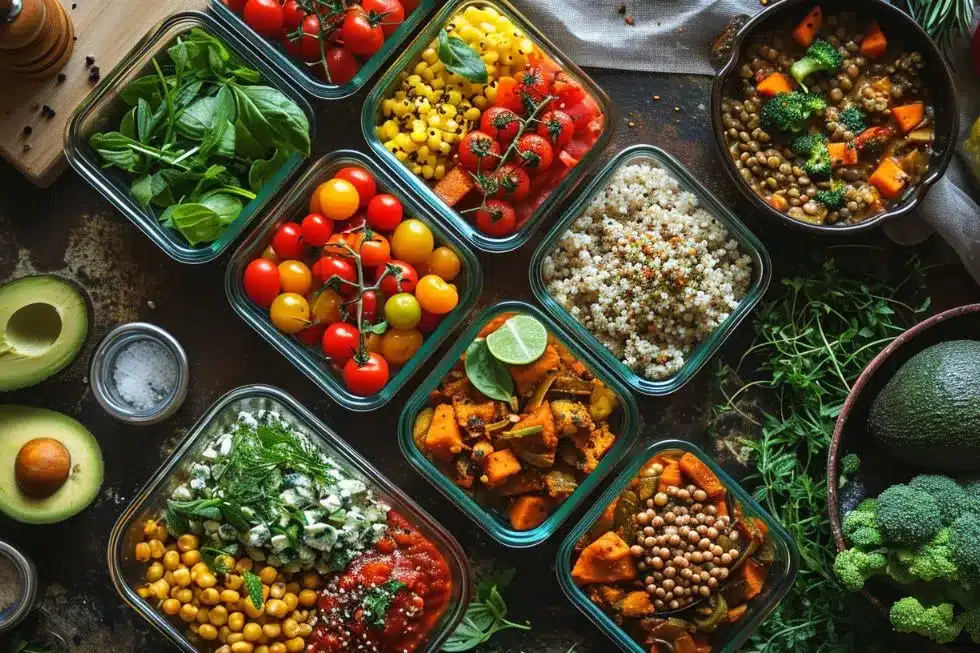
Sustainable Veganism: Environmental Impact and Ethical Considerations
The vegan lifestyle extends beyond personal health benefits, playing a significant role in environmental conservation and ethical practices. This section explores how adopting a vegan diet contributes to a more sustainable and ethical world.
Reducing Carbon Footprint: Animal agriculture is a major contributor to greenhouse gas emissions. By choosing plant-based options, vegans significantly reduce their carbon footprint, aiding in the fight against climate change.
Conserving Natural Resources: Vegan diets require less water and land compared to diets that include animal products. This conservation of resources is crucial in an era where water scarcity and land degradation are pressing environmental issues.
Promoting Biodiversity: Large-scale animal farming often leads to habitat destruction and loss of biodiversity. A shift towards plant-based diets can alleviate this pressure on wildlife and ecosystems.
Ethical Considerations: Veganism advocates for the welfare of animals, opposing practices that involve cruelty and exploitation in the food industry. This ethical stance is a driving force for many vegans.
Catalyst for Change: The rise of veganism has encouraged the food industry to innovate and offer more sustainable and ethical options. This consumer-driven change is a testament to the power of individual choices in shaping a more compassionate and sustainable world.
In conclusion, veganism is more than a diet; it’s a commitment to living in harmony with the planet and its inhabitants. By embracing a vegan lifestyle, individuals can make a profound impact on both environmental conservation and animal welfare.
The Vegan Diet is a natural and friendly way of eating that excludes all animal products. By focusing solely on plant-based foods like fruits, vegetables, grains, legumes, nuts, and seeds, having a vegan diet avoids contributing to animal exploitation and potential health benefits such as lower cholesterol levels, reduced risk of heart disease, and better weight management.
Conclusion
The journey through the world of veganism reveals a path that is not just about what we eat, but how we choose to live. “Vegan Vitality: How to Thrive on a Plant-Based Diet” has explored the multifaceted benefits of a vegan lifestyle, from its profound health advantages to its ethical and environmental impacts. This exploration underscores the power of plant-based living to foster personal health, environmental sustainability, and ethical consciousness.
Veganism is more than a dietary choice; it’s a step towards a more compassionate and sustainable world. Each meal becomes an opportunity to positively impact our health, the well-being of animals, and the planet. The transition to a vegan lifestyle is a deeply personal journey, one that is as rewarding as it is challenging.
As we continue to witness the growth of veganism in global consciousness, it’s clear that this movement is not just a trend, but a sustainable and ethical choice for the future. Whether you are a lifelong vegan or just beginning to explore plant-based eating, the journey towards vegan vitality is one filled with discovery, fulfillment, and hope for a healthier world.

